UNDP: Patience on fuel subsidy

illustration photo
The United Nations Development Programme (UNDP) recently released a report on Green Growth and Fossil Fuel Fiscal Policies in Vietnam in which it urged the government to gradually remove its fossil fuel subsidies to create a competitive energy market and protect the environment.
However, the UNDP also admitted that such a removal will have a big impact on household welfare, industry competitiveness and employment, as well as on inflation and the economy as a whole.
According to the report, increases in petroleum prices and electricity tariffs will affect household welfare through both their consumption and net income. Because energy is not only direct consumption goods for cooking, heating, lighting and private transport, but also an input to the production and transport of many goods and services, the impact of energy price increases on consumption will be felt both directly and indirectly.
Fuel, including electricity, petroleum and other fossil and non-fossil fuels, accounts for 10.5 per cent of total expenditure, of which 43.6 per cent is supplied by petroleum, followed by electricity at 27.6 per cent. An additional 14.9 per cent of energy disbursement of households comes from liquid petroleum gas. Firewood and agriculture residuals, in terms of values, occupy 10.8 per cent of fuel costs. Food and foodstuffs, the cost of which are sensitive to fuel prices, are the most important items consumed by Vietnamese households, holding 34.2 per cent of total household expenditure. This ratio climbs to 47.6 per cent when food services, beverages and tobacco are included.
“These price effects will reduce household purchasing power, lowering demand for energy and other goods and services of which energy is an input,” said Pratibha Mehta, the resident coordinator for the United Nations in Vietnam.
Regarding the impact of subsidy removal on industry competitiveness and employment, she noted that large, trade-exposed industries and some small- and medium-sized enterprises were major consumers of energy and were therefore sensitive to energy price increases. Increases in energy prices were also likely to raise the prices of other inputs, putting further cost pressures on firms.
The UNDP cited a 2013 survey of 70 Vietnamese firms on energy usage by some local economists, which revealed that when energy input prices rose more than 5-10 per cent annually, firms were likely to raise output prices and/or improve the efficiency of their production capital.
“A key concern is that industries will see their competitiveness eroded, especially those highly dependent on energy and those exposed to international trade. Firms for which costs are likely to increase significantly are operators of cement, paper, steel, fertiliser, fisheries, petrochemicals and transport,” said UNDP climate change policy advisor Koos Neefjes, who added that the transportation sector used 70.8 per cent of refined petroleum products, while industry in total used 52.3 per cent of electricity.
According to the UDNP, energy is an integral input in many production processes, so higher energy prices will have an economy-wide impact, and will contribute to domestic inflation.
For example, a 5 per cent rise in electricity prices and a 10 per cent increase in petroleum prices combined are estimated to directly cause the consumer price index (CPI) to rise by 0.12 per cent immediately and by 0.46 per cent over a number of months following that. In the short term, CPI will be 2.2-2.5 per cent higher in rural areas and 2.1-2.4 per cent higher in urban areas, according to a study by the World Bank and the Central Institute for Economic Management.
What the stars mean:
★ Poor ★ ★ Promising ★★★ Good ★★★★ Very good ★★★★★ Exceptional
Latest News
More News
- Going green to save a bundle (June 08, 2015 | 10:00)
- Green buildings: the rising trend (June 02, 2015 | 09:41)
- Green buildings – key to sustainable urban development in Vietnam (May 18, 2015 | 17:00)
- Feed-in tariffs continue to haunt green energy prospects (December 15, 2014 | 10:47)
- Building material types intrinsic to green ratings (December 09, 2014 | 11:56)
- Turning an eco- smart dream into reality (December 09, 2014 | 11:55)
- Green products enjoy a growing presence at Vietbuild Hanoi 2014 (December 01, 2014 | 10:06)
- Country profits from green building (November 24, 2014 | 11:02)
- Firms flout enviroment laws (November 17, 2014 | 10:48)
- Energy efficient sticks and carrots (November 10, 2014 | 15:30)

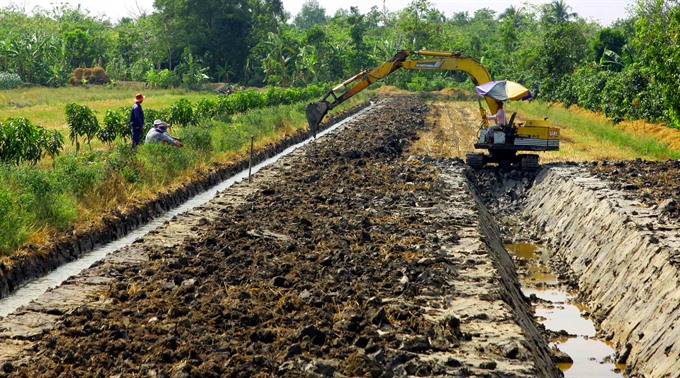
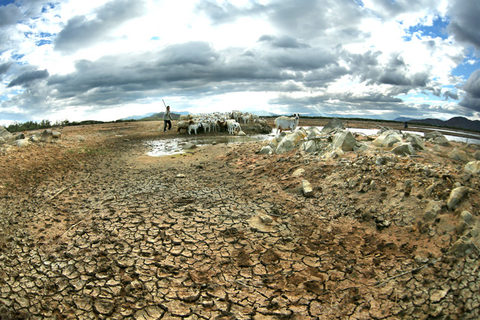

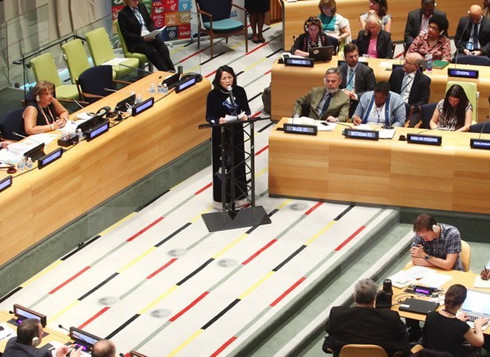

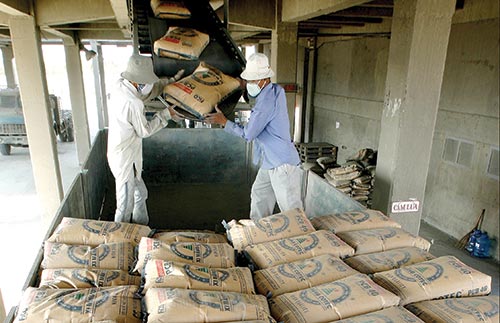


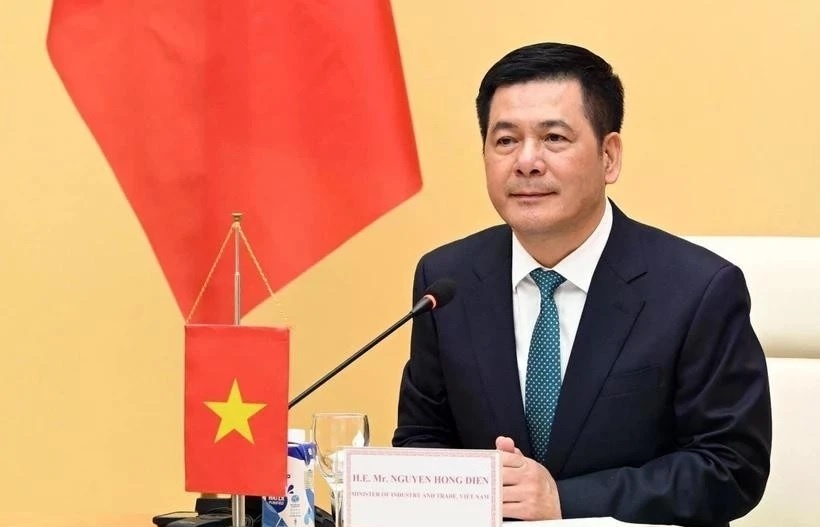






 Mobile Version
Mobile Version